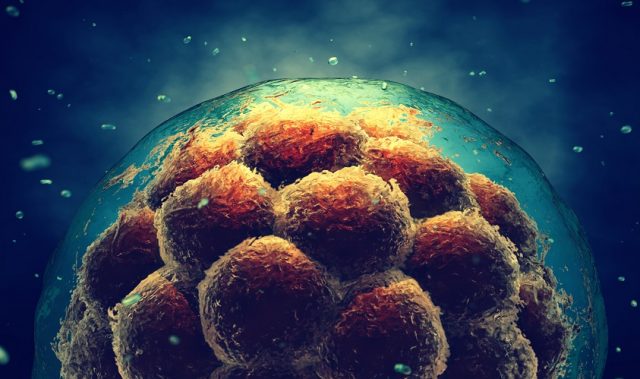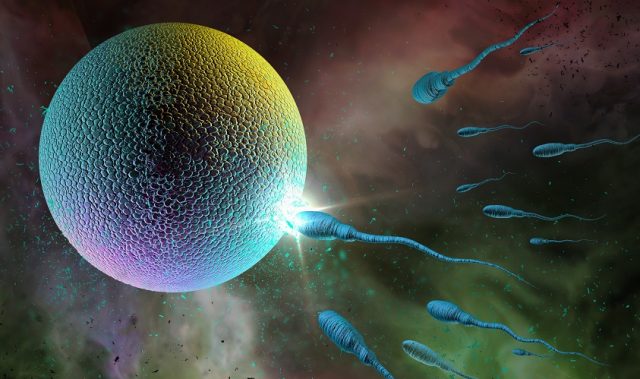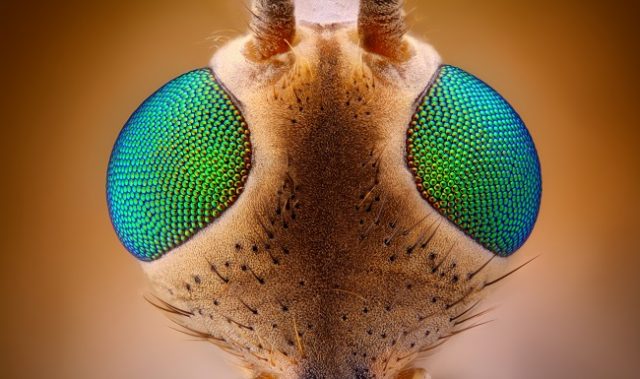
AsianScientist (Mar. 20, 2019) – In a study published in the journal Nature Communications, researchers in Japan have discovered that diclofenac, an FDA-approved drug, can promote cardiac reprogramming in postnatal and adult fibroblasts but not embryonic ones.
Once damaged, the human heart does a poor job of repairing itself. One method to restore cardiac function is to reprogram non-cardiac body cells such as fibroblasts into heart muscle cells—cardiomyocytes—using a collection of cardiac transcription factors. This bypasses the need to use stem cells as an intermediate and avoids stimulating the proliferation of existing cardiomyocytes.
However, the reprogramming of postnatal and adult fibroblasts is inefficient compared with that of embryonic fibroblasts, and the challenges associated with reprogramming aged cells are unclear.
In the present study, scientists led by Professor Masaki Ieda of the University of Tsukuba, Japan, found that diclofenac, an FDA-approved drug commonly used to treat inflammation and rheumatic diseases, can induce cardiac reprogramming in postnatal and adult fibroblasts.
“We developed a high-content technique to screen a chemical library of 8,400 compounds,” said study co-author Dr. Taketaro Sadahiro. “The first round of screening identified 37 potential compounds, which were narrowed down to four in the second round. The most powerful of these four molecules was diclofenac.”
Based on these findings, the researchers demonstrated that diclofenac improved cardiac reprogramming in a dose-dependent manner, largely by inhibiting the enzyme COX-2, which is highly expressed in postnatal and adult fibroblasts. Diclofenac also suppressed a host of signaling molecules, including several mediators of inflammation.
In addition to COX-2, genes associated with inflammation and fibrosis were also shown to be more highly expressed in postnatal and adult cells compared with embryonic fibroblasts. This indicated that inflammation and fibrogenesis are age-related barriers to cardiac reprogramming. These findings have important implications for the development of new therapies for cardiac regeneration in pediatric and adult patients.
“Consistent with the importance of inflammation in preventing cardiac reprogramming, our microarray data showed that diclofenac downregulated fibroblast and inflammatory genes, and upregulated cardiac genes,” said Ieda. “Thus, diclofenac was responsible for silencing fibroblast signatures, which occurred prior to cellular reprogramming into cardiomyocytes.”
The article can be found at: Muraoka et al. (2019) Role of Cyclooxygenase-2-mediated Prostaglandin E2-prostaglandin E Receptor 4 Signaling in Cardiac Reprogramming.
———
Source: University of Tsukuba; Photo: Shutterstock.
Disclaimer: This article does not necessarily reflect the views of AsianScientist or its staff.












